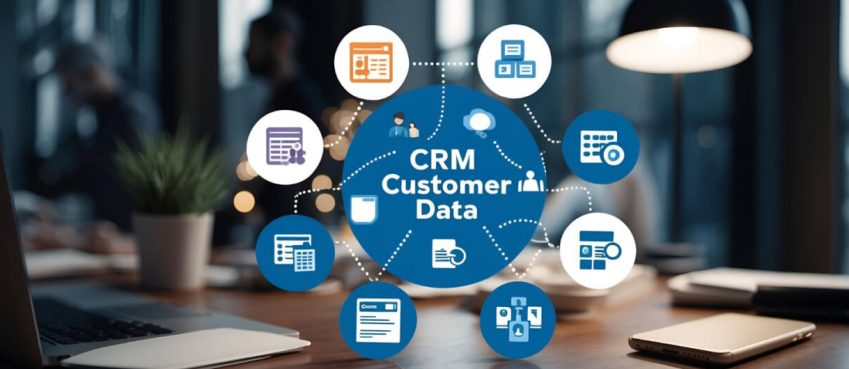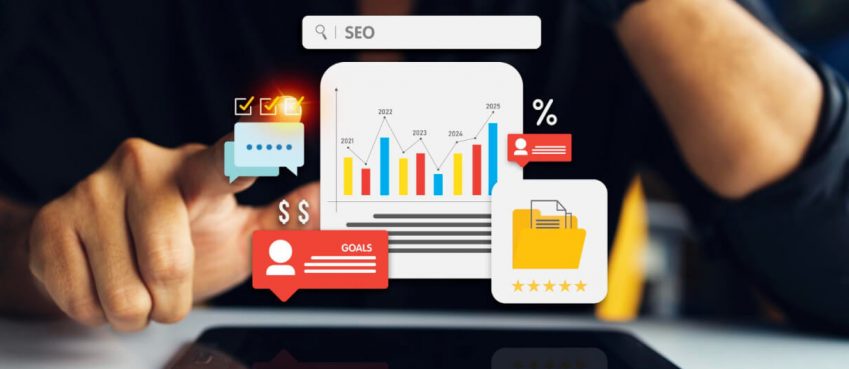
Businesses depend on a solid customer base to achieve targeted goals and survive in the competitive environment. This is precisely where email personalization proves to be helpful to brands.
It allows email marketers of a brand to include subscriber data in email marketing. This way, email personalization allows them to send tailor-made emails to individuals. Thus, email personalization serves as a tool for brands to communicate their messages to customers based on data-driven insights.
(adsbygoogle = window.adsbygoogle || []).push({});
The Covid-19 pandemic has changed the perception of customers towards buying products. Also, it continues to show its effects on the budgets and business strategies of firms of all sizes. In response to it, brands have had to alter their email marketing strategies. Nowadays, they focus more on the data-driven approach than ever before.
Read on to discover how brands use email personalization to keep pace with the latest marketing trends based on a data-driven approach.
Also read: Everything You Need To Know About Magic School AI
The K-Shaped Covid-19 Recovery
The Covid-19 pandemic may have made its appearance in 2019. But its effects are visible even in 2021. Businesses still feel its effect on their budgets and strategies. While some industries prospered, others were hit by severe revenue losses. Also, the pandemic affected different countries in different ways.
Considering these facts, one thing stands out: there is no “one-size-fits-all” approach for all industries. Companies need to draw up a strategy, depending on the demand and market dynamics. Also, companies need to factor in the industry to which they belong.
Going by these trends, most brands are likely to adopt the K-shaped recovery model. Companies that have done well in the pandemic phase will most likely focus on automation and email personalization in this model.
Such companies include tech providers, digital entertainment providers, e-tailers, grocers, and so on. To improve productivity, such businesses will invest more in artificial intelligence (AI) and machine learning (ML).
On the other hand, companies that suffered losses or couldn’t perform according to expectations will take a different route. The list of such companies includes traditional retailers, cruise lines, hotels, and airlines.
Firms dealing with these businesses will pay meticulous attention to analytics, consumer behavior, essential optimizations, efficiency, and other allied factors.
Companies seeking recovery from losses may switch to modular email architectures for sending transactional emails and other emails to better accommodate these aspects. They are likely to do so by moving away from the traditional approach of sending template-based emails.
Also read: 9 Best Cybersecurity Companies in the World
The Role Of AI In Email Marketing
No doubt, artificial intelligence (AI) has influenced email marketing in many ways. And, it is an indispensable element for email marketing campaigns. But companies need to exercise caution while including it in their email marketing strategy.
While AI delivers desired outcomes, it also needs significant investment. So, companies will need to allocate a separate budget for including AI in their email marketing campaign. The budget factor will influence the decision of companies to either include or drop AI from their scheme of things.
So, overall, how will it influence the future of email marketing for companies? Regardless of the inclusion of AI in business strategy, the fundamental approach to email marketing will remain the same for all companies. They will go by consumer behavior while thinking of ways to deliver emails tailored to the needs of individuals.
At present, most expectations concerning AI are based on its hype. Yes, AI and big data are transforming the email marketing landscape in 2021 by reducing the time and effort to send emails.
But it is not the ultimate factor for decision making. Email marketers linked with different brands will continue to focus on sending the right message at the right time to the right person. It is the core value of email marketing and is more likely to remain intact.
Also read: 7 Best Instagram Font Generators (Apps & Websites)
The Combination Of Email Marketing And Customer Experience
The Covid-19 pandemic has brought in a new bunch of customers to the domain of online shopping. Due to extended lockdowns, even regular buyers at local markets have switched to online purchases of goods. Because they are new to it, companies also need to treat them accordingly to improve their customer experience.
For companies, though, it brings both a challenge and an opportunity. By sending relevant marketing emails, they can generate interest in them to do more online shopping.
Personalization or sending marketing emails based on customers’ needs will help businesses draw their attention towards new goods and offers. Apart from personalization, customer-centricity and helpfulness are the two other elements that will put businesses in the driving seat.
Also read: Top 10 Veo 3 AI Video Generators in 2025 (Compared & Tested)
Final Thoughts
Email marketing is transforming with time, just like the other forms of digital marketing. Businesses rely on it to deliver the right message to their target audience at the right time.
Due to the changes in the market dynamics and potential buyers’ perceptions, companies will adopt the aforementioned email marketing strategies for reaching out to customers with personalized emails.
Top 10 News
-
01
Top 10 Deep Learning Multimodal Models & Their Uses
Tuesday August 12, 2025
-
02
10 Google AI Mode Facts That Every SEOs Should Know (And Wha...
Friday July 4, 2025
-
03
Top 10 visionOS 26 Features & Announcement (With Video)
Thursday June 12, 2025
-
04
Top 10 Veo 3 AI Video Generators in 2025 (Compared & Te...
Tuesday June 10, 2025
-
05
Top 10 AI GPUs That Can Increase Work Productivity By 30% (W...
Wednesday May 28, 2025
-
06
[10 BEST] AI Influencer Generator Apps Trending Right Now
Monday March 17, 2025
-
07
The 10 Best Companies Providing Electric Fencing For Busines...
Tuesday March 11, 2025
-
08
Top 10 Social Security Fairness Act Benefits In 2025
Wednesday March 5, 2025
-
09
Top 10 AI Infrastructure Companies In The World
Tuesday February 11, 2025
-
10
What Are Top 10 Blood Thinners To Minimize Heart Disease?
Wednesday January 22, 2025







